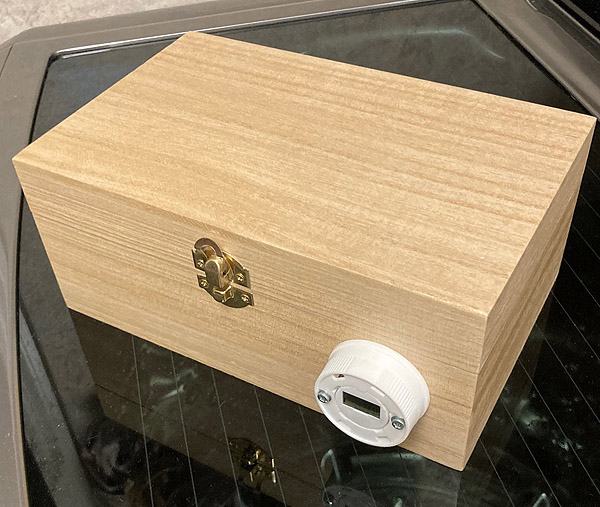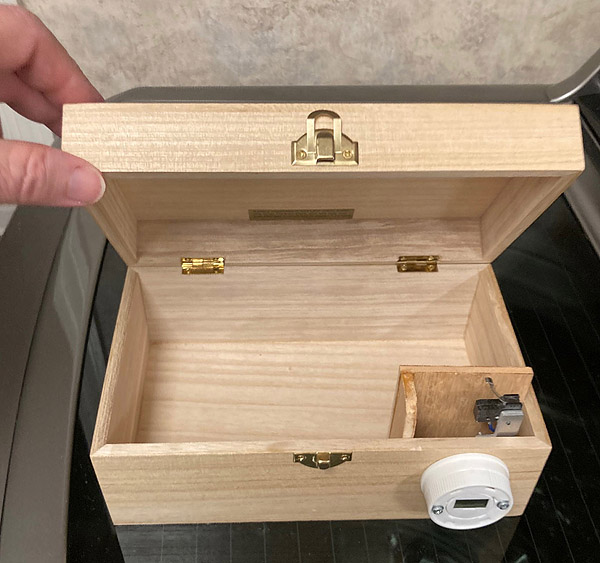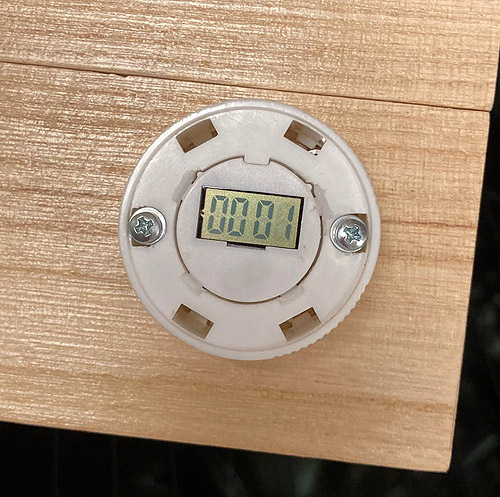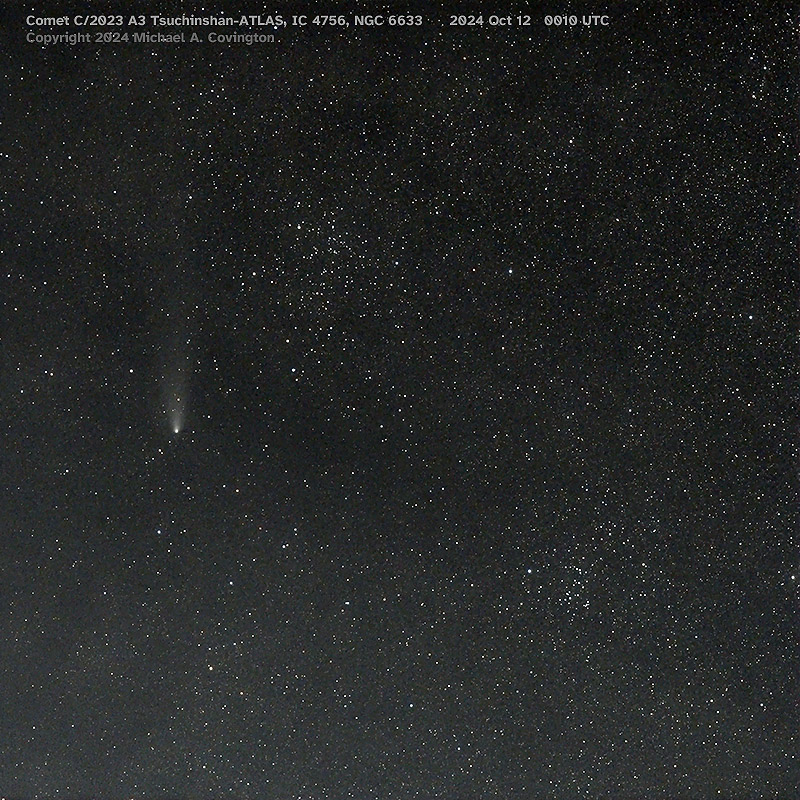|
How various things played out
Thanksgiving was successfully celebrated, with a bit less gathering of families
than usual; Melody and Sharon and I were here; Cathy, Nathaniel, and their children were
in Louisville; and neither group joined anyone else. We enjoyed being alone and having
time to gather our wits.
We are thankful for marked advances in Sharon's health and many good things all around.
Philothea, my 2015 Dell Inspiron, is being prepared for another use (details later).
Since it will still be under my control, I don't have to remove and destroy its disk, just
wipe it securely with sdelete.
The challenging thing is, I started removing my old software and couldn't do it!
Several old versions of Visual Studio left pieces and sub-packages that wouldn't uninstall
in the normal way. I ended up doing a "Reset PC" from within the Settings, System, About menu.
To my delight, it didn't disrupt the Linux dual-boot arrangement I had set up; it reinstalls
Windows 10 (by downloading it!) in the same disk partition where it was originally.
By the way, Revo Uninstaller is well worth knowing about,
if you want to run
a lot of uninstalls in succession and perform heavy-handed force-uninstalls on request.
I decided resetting Windows was easier, but Revo is worth knowing about.
Stephen's clock is a great success. He's glad to have it and is putting it to good use.
Every 3-year-old should have a clock with just one hand that points straight up (or to the one
and only index mark on its face) when it's time to get up.
Permanent link to this entry
Recommended:
Veeam Agent for Microsoft Windows Free
(but don't grab the wrong thing)
For backups, for many years I've been using
Veeam Agent for Windows (formerly Veeam Endpoint Backup), and I still am.
But in the process of getting it onto Ignatius, I mistakenly downloaded the wrong free Veeam
product, a 12-gigabyte monster that administers servers of all kinds but does not actually make backups!
After a while I figured out that the lightweight, efficient, free backup package
that I know so well is now called Veeam Agent for Microsoft Windows Free and is far down in the list
on this page
(address may change).
You have to create a free account with Veeam and get on their mailing list,
but then you get to use the software free of charge.
Permanent link to this entry
Recommended: Perfect Backup
Before I got Veeam figured out, I spent about a day trying out
Perfect Backup, whose
free edition I highly recommend.
(And the paid editions if you need them!)
If you want a simple, straightforward way to back up your computer, once or regularly on schedule,
this is it. The backup files are ZIPs or simply directories of file copies, which means you don't
need special software to get into them (although I'd use Perfect Backup to sort through layers of
incrementals).
The way I was going to use it was: Set it to do only incremental backups and retain a large number of them (9999).
The coverage of the incrementals is stored in a file in the root folder of the backup disk, so when you insert
a new or erased backup disk that lacks this file, the incrementals will start over again with the initial one,
which is of course actually a full backup.
They also encourage a practice of having a full backup happen every few days, replacing the earlier
incrementals. This saves disk space but gives you less time depth.
Permanent link to this entry
Why can't older computers run Windows 11?
My reason for getting rid of Philothea, other than its advanced age, is that it's not qualified to
run Windows 11. Specifically, its CPU doesn't meet requirements. It has the required security coprocessor (TPM 2.0)
but not a new enough Pentium.
A lot of us are wondering whether this is just a plot to sell everybody a new PC.
I don't entirely know, but here is what I've been pieced together.
Key point: You will still be able to run Windows 10 indefinitely. But it will stop getting updates;
you'll want to get third-party antivirus software then; and you won't be able to run new software designed
for Windows 11. This is how every Windows version change has worked. I booted Windows 95 in a VM the other
day; I can still do that if I need it.
Now then...
There have been Pentiums with security flaws, such as "Meltdown" and "Spectre"
(click here).
Windows 11 wants a CPU in which these flaws have been fixed, i.e., a late 2018 model, or later.
Confusingly, the newness of a CPU design does not map cleanly onto Intel's "Core i7" (etc.) naming system.
That is why the whole situation looks so messy.
There may also be other security issues in Pentium architecture about which Microsoft is being tight-lipped.
Also, newer versions of the Pentium have additions
to the instruction set for vector calculations, and new editions of Windows and Windows apps
may want to use them, since they have uses in encryption and security.
We can't assume the Pentium will be the same forever.
But I wonder whether Microsoft will relent as the deadline for dropping support of Windows 10 grows
closer.
They have already provided ways to install 11 on CPUs that it supposedly does not support, within some
limits. That means they're leaving themselves an escape.
Permanent link to this entry


|













